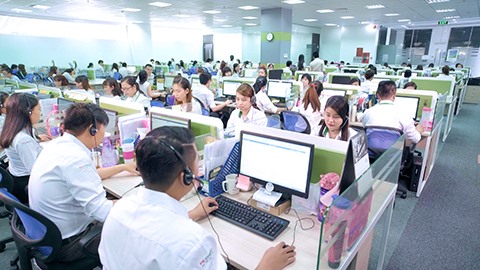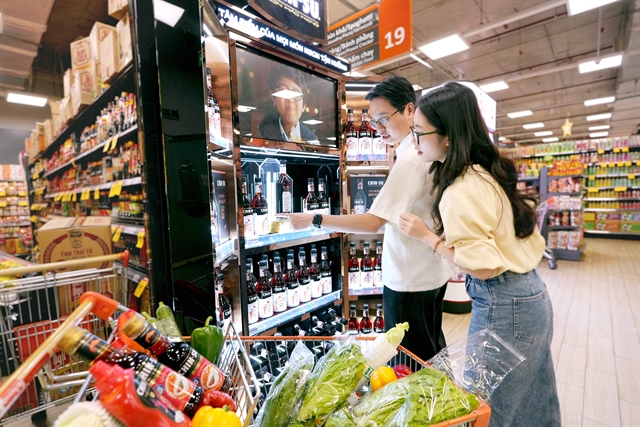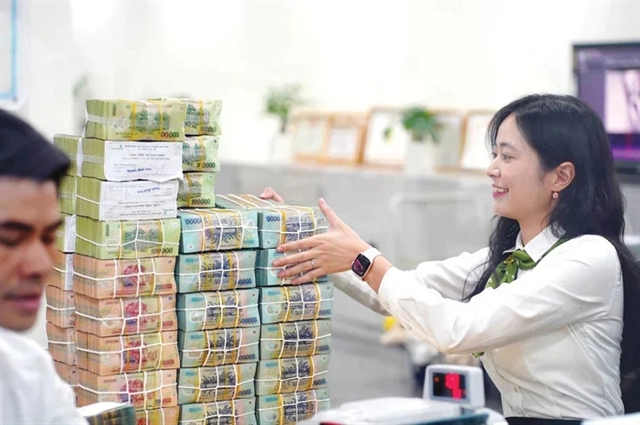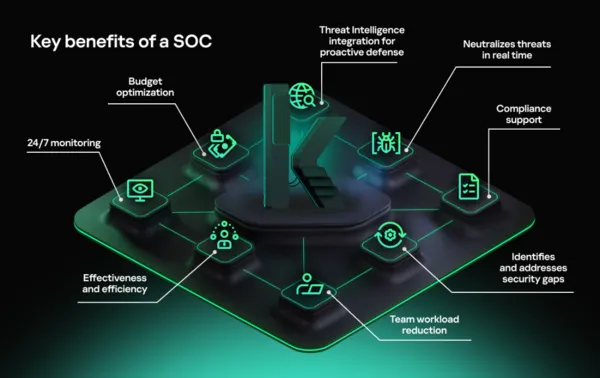

Viet Nam’s early efforts to weather the storm of COVID-19 have helped its economy reopen much sooner than others, with many sectors that have suffered badly from the outbreak, from retail to finance, now recovering with poise.
Spring back
Elsewhere around the globe, governments have only just eased coronavirus restrictions and reopened economic activities, or even considered to necessitate further lockdowns to avoid new spreads. It is a rather different story in Viet Nam, where schools and businesses have resumed after International Labour Day. Major cities have once again faced severe traffic congestion, but it seems everyone is rather gratefully handling it now than ever before, after the three-week national isolation order starting in early April.
As normal life resumes, retail sales of consumer goods and services in May has rocketed almost 27 per cent from April’s figures, though still fell some 5 per cent on-year, as per data from the General Statistics Office (GSO). Index of industrial production (IIP) for the month was also estimated to surge 11.2 per cent from prior month. New businesses registered for establishment rose over 36 per cent month-on-month and 0.3 per cent on-year.
For some optimistic retailers like Japanese fashion brand Uniqlo, it has gone one step ahead to expand its presence in Viet Nam as life resumes to normal quickly, with the fourth store just opened in HCM City this June. The company may well cope with the crisis better than its rivals, but more to the fact that it is taking a bet on Viet Nam’s resilience and consumers’ willingness to spend on basic and necessary items.
As per Euromonitor International, the massive change brought about by the pandemic makes consumers re-evaluate their life priorities, giving rise to new values and spending criteria. While older generations have now shifted to online shopping, younger consumers are stockpiling on staple products.

|
Rosy on the rocks
As retail and production show signs of recovery, so does the banking and finance sector, thanks to government measures that aim at supporting businesses and individuals to weather the pandemic, speeding infrastructure investment and stimulating domestic spending.
From the early stage of the outbreak, a credit package worth some VND250 trillion (US$10.8 billion) in terms of lower rates, repayment extension and loan forbearance, was committed by commercial banks to aid businesses and individuals. The central bank is set to inject liquidity to back lenders in their lending activities and addressing the issue of bad debts.
Lowering of interest rates, in particular, is expected to make borrowing easier and more affordable for both businesses and individuals. This, in turn, may work in favour of finance companies during the time of the crisis, when customers opt for these for the sake of quicker access to credit over traditional bank loans.
For those seeking fast access to credit to meet immediate living expenses, they will likely turn to reliable consumer finance firms. For others, they may choose to rely more on credit cards to take advantage of the interest-free period, to temporarily make up for the lost or limited income for the time being.
Overall, customers in Viet Nam were found generally more satisfied with their consumer finance experience, according to a 2019 survey by FiinGroup on customer satisfaction with consumer finance products.
Meanwhile, for the performance of the banking and finance sector in the first five months, some lenders have seemed to manage the hardship well with promising results. VPBank, for instance, announced its consolidated pre-tax profit (include FE Credit) of VND5,100 billion ($222 million), achieving up to 50 per cent of its adjusted 2020 business target.

|
For others, ambitious results have also been planned for the year, betting big on the positive economic outlook in the second half. HDBank, in particular, expects its pre-tax profit to reach over VND5,660 billion ($246 million), a 13 per cent increase on-year.
While uncertainty remains on the horizon, Viet Nam is the only economy in the region where HSBC forecasts positive economic growth for 2020, and, according the HSBC EM Vulnerability Index, is the least vulnerable to macro shocks.
The headwinds created by COVID-19, and also the ongoing US-China trade tensions, that are hurting so many other economies, are believed by the bank to be turning into tailwinds for Viet Nam.




